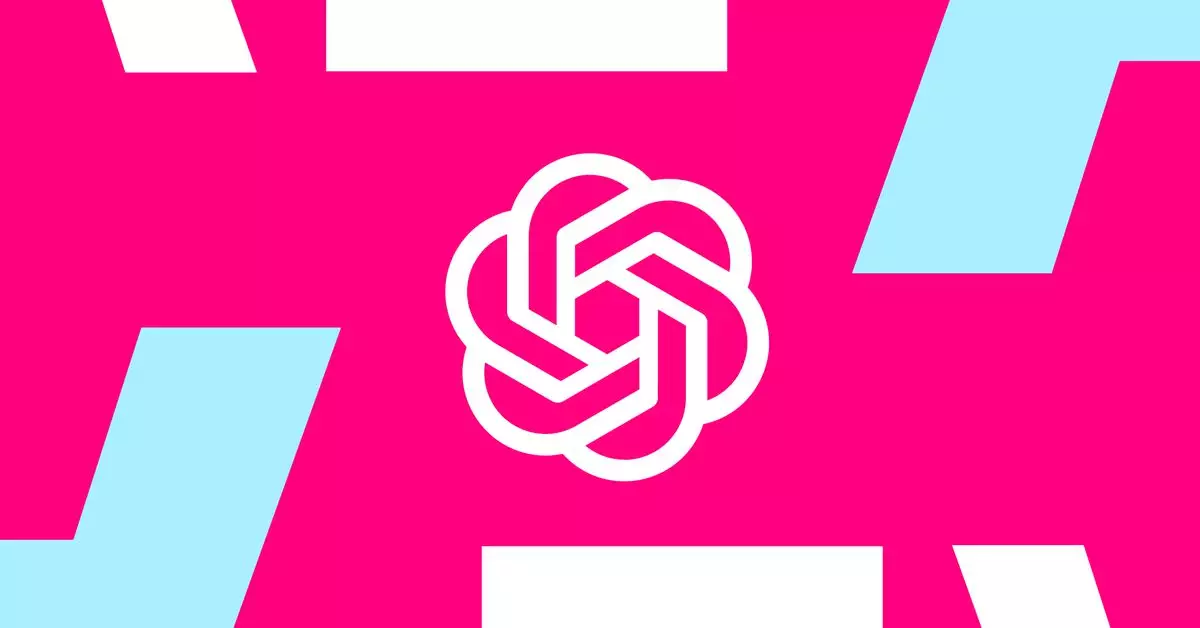OpenAI, a leading artificial intelligence research laboratory, has been facing growing concerns and tensions within its organization. Jan Leike, a prominent researcher at OpenAI, recently announced his resignation citing that “safety culture and processes have taken a backseat to shiny products” at the company. This comes after the disbandment of the dedicated team aimed at addressing long-term AI risks, known as the “Superalignment team.”
The original vision of OpenAI was to openly share their AI models with the public to promote transparency and collaboration. However, due to concerns about the potential risks of allowing powerful models to be accessed by anyone, the organization has shifted towards keeping their models proprietary. This shift in priorities has sparked internal debates and criticism from researchers like Leike, who believe that the focus on developing consumer AI products has led to a neglect of safety protocols.
Call for Reflection and Preparation
In his resignation statement, Leike emphasized the need to prioritize the implications of artificial general intelligence (AGI) and to prepare for its potential impact on humanity. He stressed the importance of taking safety measures seriously in order to ensure that AGI benefits all of humanity, rather than posing potential risks.
Internal Conflict and Leadership Changes
The departure of Leike and other key figures, such as co-founder Ilya Sutskever, has shed light on the internal conflicts and tensions within OpenAI. While John Schulman, another co-founder, is set to assume Leike’s responsibilities, the organization is facing challenges in balancing the development of advanced AI models with the ethical and safety considerations.
As OpenAI continues to push the boundaries of AI research and development, it faces a critical juncture in addressing the ethical, safety, and societal implications of its work. The organization must navigate the tensions between innovation and responsibility to ensure that AI technologies are developed and deployed in a way that benefits humanity as a whole. Only through careful reflection, collaboration, and proactive measures can OpenAI fulfill its mission of advancing AI for the betterment of society.


Leave a Reply